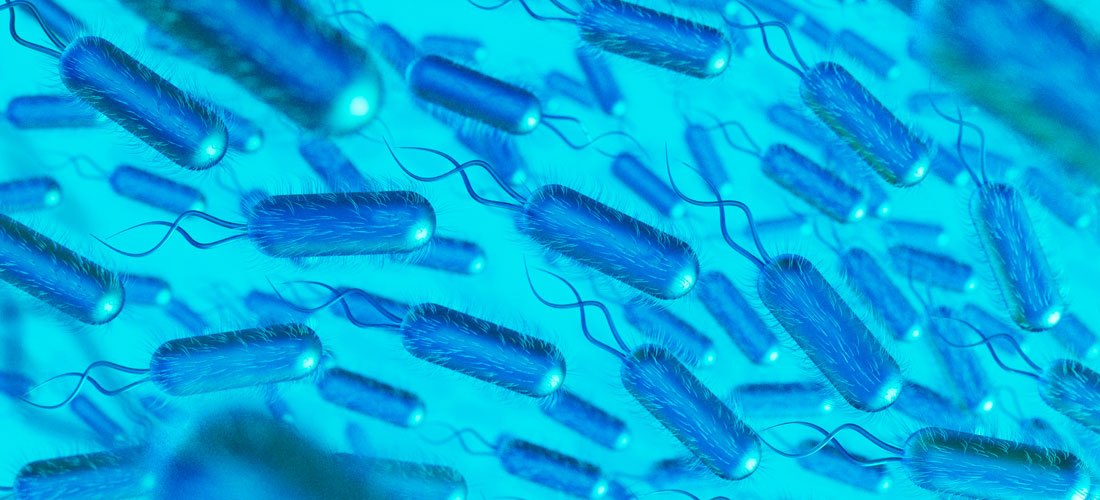Gastrointestinal (GI) infections are caused by a wide variety of pathogens, including bacteria, viruses, fungi, and parasites. The pathogenesis of GI infections involves complex interactions between the host’s immune system and the invading microorganisms, leading to inflammation, mucosal damage, and altered gut microbiota. Understanding the molecular mechanisms behind these infections is critical for developing more effective therapies and preventative strategies. This session will focus on the microbial pathogenesis of GI infections, including the virulence factors of gastrointestinal pathogens and their interactions with host cells and tissues.

Gastrointestinal infections are a major cause of morbidity and mortality worldwide, ranging from acute gastroenteritis to chronic conditions such as inflammatory bowel disease (IBD). These infections are caused by a broad spectrum of pathogens, including enteric bacteria (such as Escherichia coli, Salmonella, Shigella), viruses (like norovirus, rotavirus), parasites (e.g., Giardia, Entamoeba histolytica), and fungi. Despite advances in diagnostic and therapeutic approaches, the mechanisms underlying microbial pathogenesis in the GI tract remain complex and not fully understood.
This session will explore the molecular mechanisms of microbial infection in the gastrointestinal tract, including how pathogens adhere to the intestinal lining, evade host immune defenses, and induce disease. We will also discuss emerging research on gut microbiome interactions, the role of virulence factors, and how these factors influence disease severity and chronicity.
Key topics to be covered in this session include:
- Virulence factors: How gastrointestinal pathogens produce toxins, adhesins, and other factors to establish infection
- Mechanisms of pathogen adhesion and penetration of the intestinal epithelium
- The role of the immune response in gastrointestinal infections and the mechanisms by which pathogens evade immune detection
- Inflammatory response in GI infections: How pathogens trigger and modulate host inflammation
- The impact of intestinal microbiota on gastrointestinal infection and disease outcomes
- The role of host genetic factors and environmental factors in susceptibility to GI infections
- Advances in the diagnosis of gastrointestinal infections and the challenges of identifying diverse pathogens
- The relationship between antibiotics and the gut microbiome, including the potential for antibiotic resistance in GI pathogens
- Strategies for vaccines and immunotherapies for gastrointestinal infections
- Emerging pathogens: New and re-emerging microbial threats to gastrointestinal health
- Future perspectives on treatment: Novel therapies targeting the molecular mechanisms of microbial pathogenesis in the GI tract
This session will be invaluable for microbiologists, gastroenterologists, immunologists, and infectious disease researchers focused on advancing our understanding of gastrointestinal infections and finding new ways to manage and treat them.